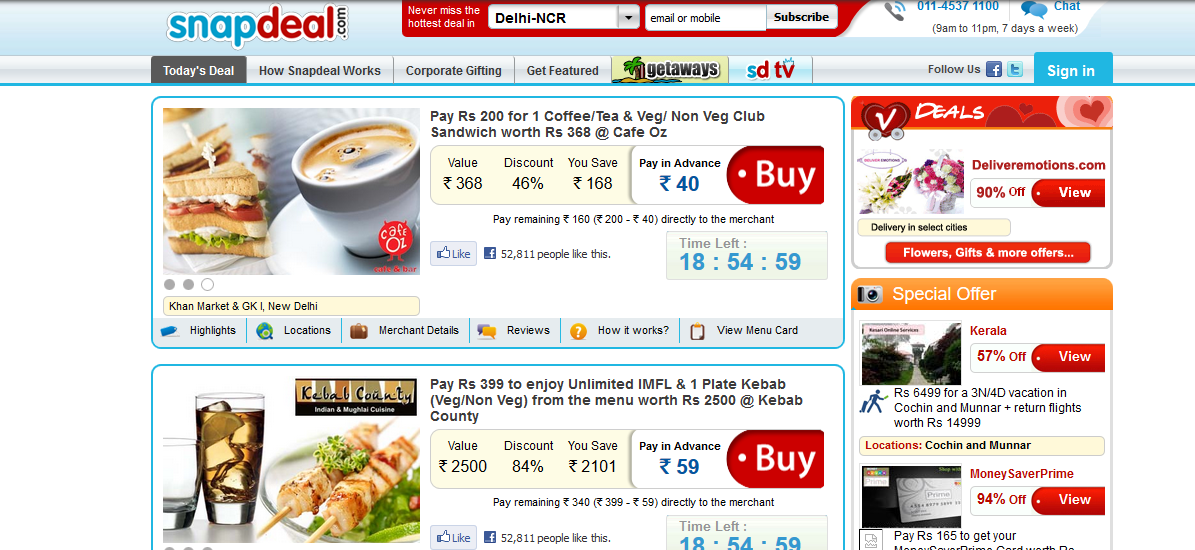Meet Kunal Bahl, new Judge of Shark Tank India
Kunal Bahl, the co-founder of Snapdeal and Titan Capital, has joined the panel for season 4 of Shark Tank India, replacing Deepinder Goyal, the founder and CEO of Zomato. He will join the existing panel of Sharks, including Anupam Mittal, founder and CEO of the People Group; Aman Gupta, co-founder and CEO of boAt Lifestyle; Namita Thapar, executive director at Emcure Pharmaceuticals Limited; and Ritesh Agarwal, the founder and group CEO of OYO. Kunal Bahl has founded and grown numerous technology ventures and has invested in over 250 startups. Let’s delve into the life of Kunal Bahl, the newest shark.
Kunal Bahl was born in India and completed his education at Delhi Public School R.K. Puram in New Delhi. He was later accepted at the University of Pennsylvania, where he pursued the Jerome Fisher Program in Management and Technology, and earned two bachelor’s degrees in Entrepreneurship, Operations, and Information Technology. Additionally, he completed an executive marketing program at the Kellogg School of Management.
Kunal Bahl co-founded Snapdeal, an e-commerce company, in 2010. Later, in 2022, they assumed the group corporate identity of AceVector. AceVector Limited became the holding company for Snapdeal, Unicommerce, and Stellaro brands. Additionally, he co-founded Titan Capital, a prominent early-stage venture capital firm in India that invests the personal funds of Kunal Bahl and Rohit Bansal. Through Titan Capital, he has invested in over 250 startups across various sectors including consumer tech, health tech, fin-tech, SaaS, consumer brands, and B2B services. Some of the companies he has invested in are Ola Cabs, Urban Company, Razorpay, Ofbusiness, and Mamaearth, among others.
He is a promoter of Unicommerce, a leading SaaS company in India that had a successful year. The company was named one of the most highly subscribed IPOs of 2024. Additionally, he was appointed as the chairman of the Confederation of Indian Industry Startup Committee. He has also been a member of the Executive Council at NASSCOM, the National Startup Advisory Council, and the Board of Governors of the Indian Council for Research on International Economic Relations.
He has also been appointed as an Independent Director on the Board of Piramal Enterprises, an Indian conglomerate.
Before becoming a shark, Kunal Bahl appeared on the Prime Video series “Mission Start Ab,” where ten innovators compete for mentorship and funding. Bahl’s entrepreneurial journey includes building and scaling technology ventures, and he has invested in over 250 startups. Although the makers have not announced the premiere date for the new season, Bahl’s unique insights and expertise will be a valuable addition to the show.



